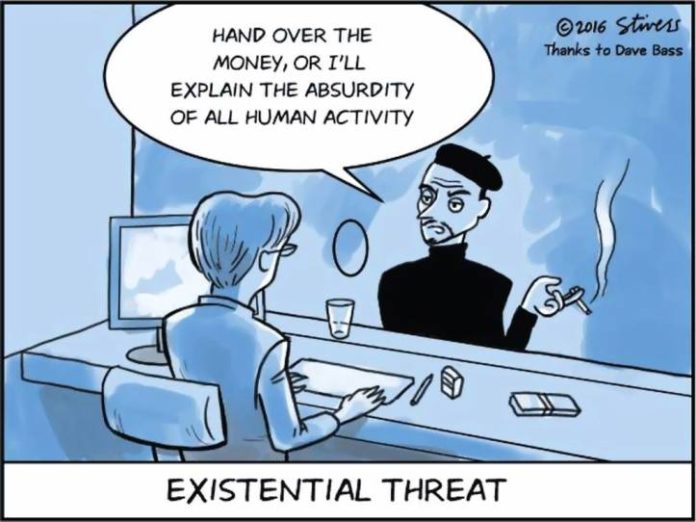Most of us communicate with words. Most, after learning that crying and yelling do not impart a specific message, stop doing so after infancy. (Although some never learn the difference between an ‘inside voice’ and an ‘outside voice’). Within a common language, individual words are assigned specific meaning, so that the sender and receiver understand each other. Failing that, the message is either not understood by the receiver, or worse, misunderstood entirely. But when the assumed meanings of words change, either thru common usage or slang, a breakdown of communication is inevitable, if not intentional. And some words carry more weight and intensity than others—some are inflammatory, just by themselves. Let’s dig.
First, meaning. I’m sure most folks can list dozens of words that have changed meaning over the last few years. Remember when ‘bad’ meant ‘not good’, not ‘cool’? ‘Crazy’, ‘insane’, ‘sick’, and many other examples are readily available of words that stretch, if not completely invert, the original meaning of the respective word. It may be youth wanting to shield true meaning from adults and parents, but the confusion persists if you are not ‘in’ on the intended usage. Technology also has a tendency to bend words to its needs or wants: icon, site, web, browser, file, index, page, etc. are all words with new meanings different from their original. But some meanings of words are due to simple misuse, sometimes intentionally, to cloud meaning. ‘Protester’ is not the same thing as ‘rioter’. ‘Illegal immigrant’ does not mean ‘immigrant’. ‘Rights’ are not the same things as ‘needs’ or ‘wants’. ‘Free’ things are not truly cost-free, just the burden of paying for them are paid by someone other than the final user of the thing. We are currently in a COVID-19 ‘pandemic’, yet, by classic definition, it isn’t even an epidemic. ‘Science’ has been twisted to ignore the traditional ‘scientific method’ of repetitive experiments with expected, provable values, to some sort of ‘consensus agreement’ of some group. Here’s a hint: if you use a ‘computer model’ to predict something, and your answers are consistently, demonstrably incorrect (usually not even close to accuracy), your model is broken and worthless—usually intended to arrive at a desired answer, not predict anything. Phrases are not exempt from such treatment: ‘Hands up, don’t shoot’ was proven to be completely inaccurate, but the slogan continues to be a rallying cry, regardless. ‘I can’t breathe’ is another, as saying ‘I can’t breathe’ invalidates its usage—if you can say ANYTHING, you CAN breathe.
Second, intensity. Many words are used to invoke an emotional reaction, even if the original meaning is lost in translation. ‘Racist’ is a ready example. The word means ‘viewing either a superior or inferior expectation of an entire race’. An argument could be made that its current usage means ‘I disagree with you, I have no logical rejoinder to your position, so I’m left with name-calling, and this is the WORST I could think of.’ ‘Uncle Tom’ is a universal epithet for a ‘non-Black’ Black person, yet the character in the Harriet Beecher Stowe book, ‘Uncle Tom’s Cabin’, is nothing of the sort. ‘Loser’ is an easy way to dispatch of someone’s character, yet a game is not required to be played, much less won or lost.
Third, inflammatory. Certain one-word slang terms are hurtful, and intentionally so. The famous ‘N-word’, chink, cracker, slant-eyes, redneck, beaner, wetback, WOP, and any number of examples are obvious. Why their usage is still part of civilized conversation is beyond me, but their meanings are quite clear—I hate you for an attribute you cannot change, and I hate everyone with your similar race, creed, religion, etc. Certainly, these words are language at its very worst, even if the intended message is completely understood by the recipient.
My least favorite word in the English language is ‘unearned’. By my reckoning, it means someone was ‘gifted’ something, not due to their effort, earning, or work, but just…because. Whether it is praise, funds, assets, accolades, or respect, the effect is similar: undeserved.
My favorite word in the English language is ‘done’. It means the task is complete, the steak is sufficiently grilled, or the trial is over. It means the chore is finished, no longer requiring another speck of effort or concern. Just like this writing.






















